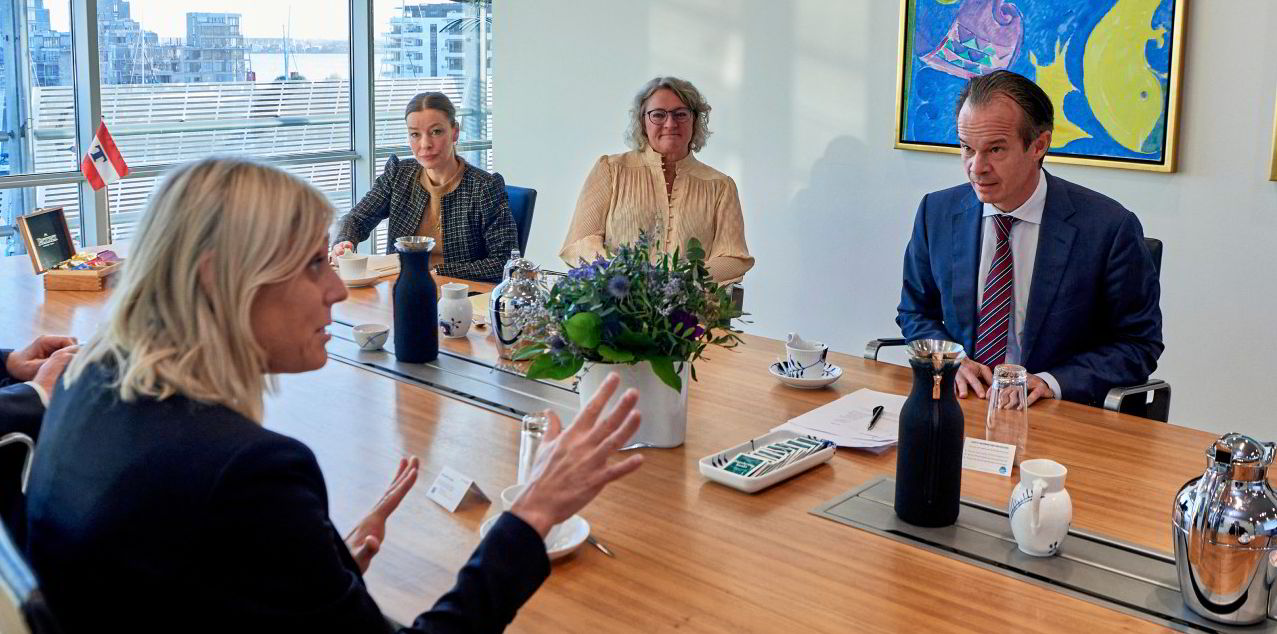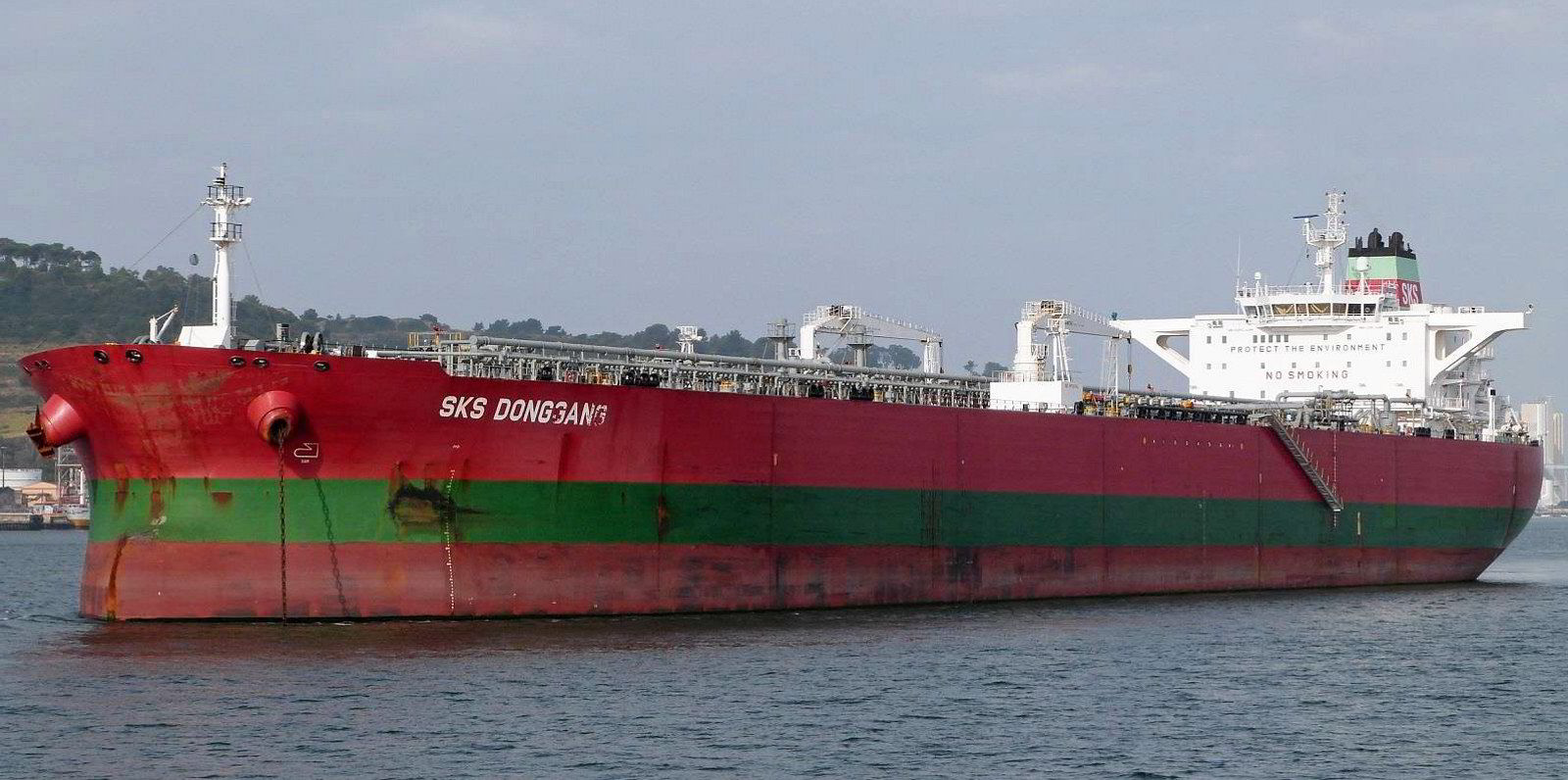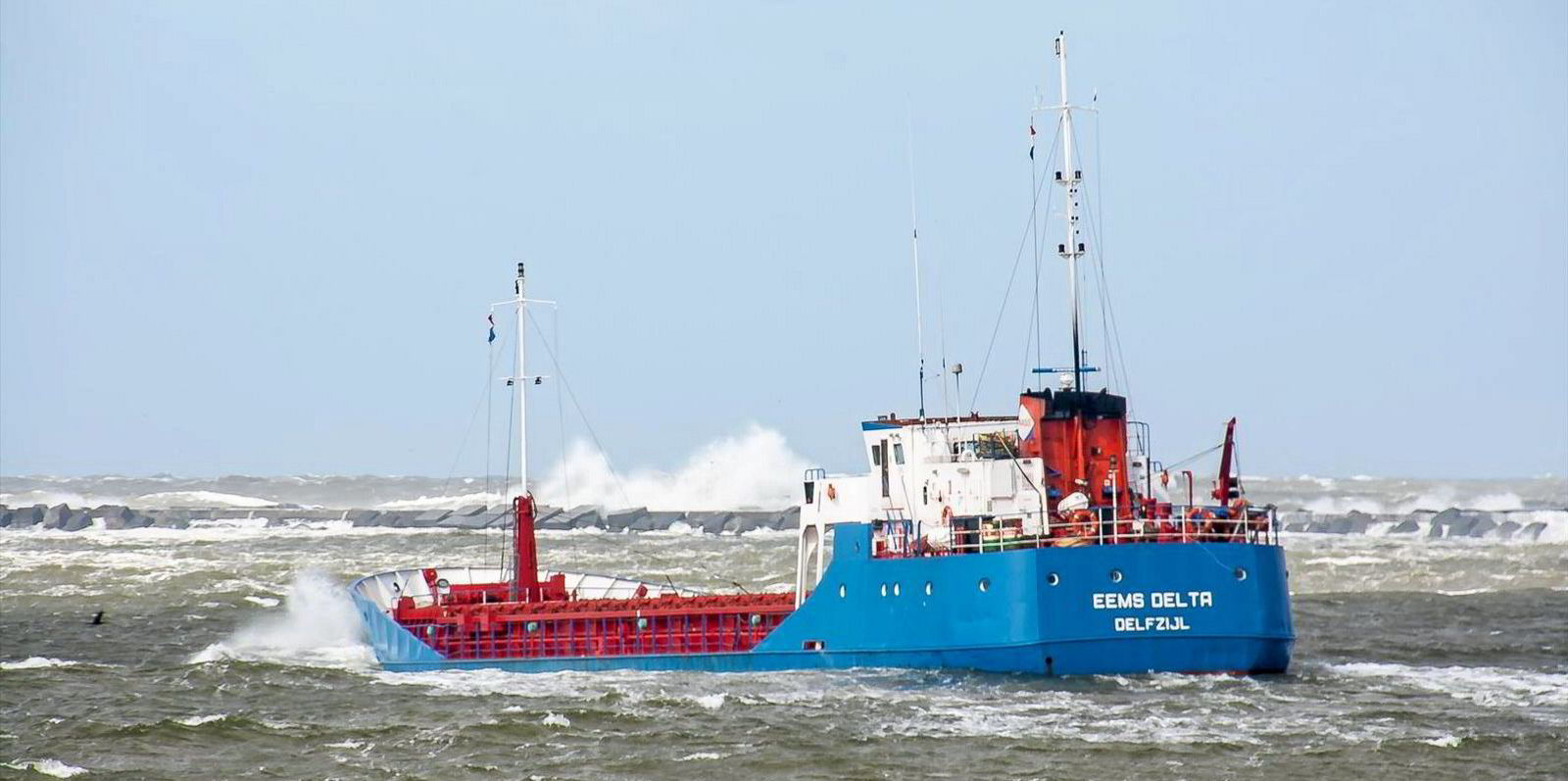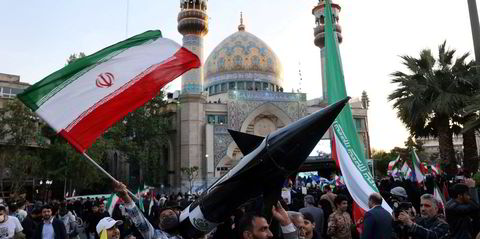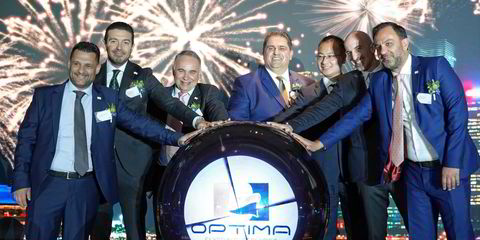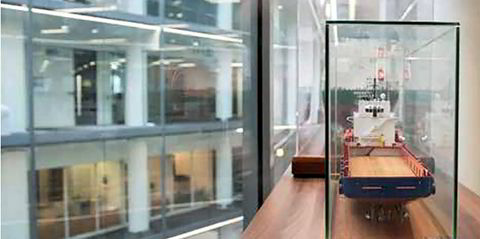Denmark's Ministry of Defence has taken another meeting on Gulf of Guinea piracy as attacks in the region show no signs of slowing down.
Danish defence minister Trine Bramsen met with Torm chief executive and Danish Shipping chairman Jacob Meldgaard on Friday to discuss the security situation in the waters off West Africa.
"I’m trying to gather my defence minister colleagues because Denmark cannot tackle this on its own," Bramsen said.
"We need to stand together on this, and that’s what I'll be working for."
There have reportedly been 10 incidents in the Gulf of Guinea in November alone.
Most were boardings resulting in no injuries to seafarers, including an attack on the 50,000-dwt MR tanker Torm Alexandra (built 2010) 300 km south of Cotonou, Benin, on 7 November.
Other incidents had more grave consequences. On Monday, the 400-dwt bunker tanker Stelios K (built 1995) was hijacked offshore of Lome, Togo, and, last Friday, 14 Chinese crew members were kidnapped from the 48,127-dwt heavylift vessel Zhen Hua 7 (built 1998).
On Monday, five seafarers were kidnapped from the 1,700-dwt Ghanaian-owned general cargoship AM Delta (built 1992) offshore Nigeria.
According to the International Maritime Bureau, 95% of all 2020's kidnappings up to the end of September happened in the Gulf of Guinea.
"We had a good, constructive meeting with the minister," Meldgaard said.
"She is clearly concerned with the matter and genuinely interested in helping solve the terrible and unsustainable situation we as shipping companies have long been experiencing in the Gulf of Guinea."
The meeting comes after news last week that Bramsen was aiming to bring together other countries in an effort to fight piracy in the region following a meeting with Danish Shipping chief executive Anne Steffensen.
After the meeting, Steffensen told TradeWinds that it was necessary to build up an international coalition to build a military presence in the region.
She suggested it could operate like the two missions in the Strait of Hormuz — the US-backed International Maritime Security Construct (IMSC) and the European Maritime Awareness in the Strait of Hormuz — launched last year after Iran allegedly began harassing commercial ships.
In heralding its first year in operation, the IMSC said its presence was able to dissuade any "state-sponsored" attacks.
